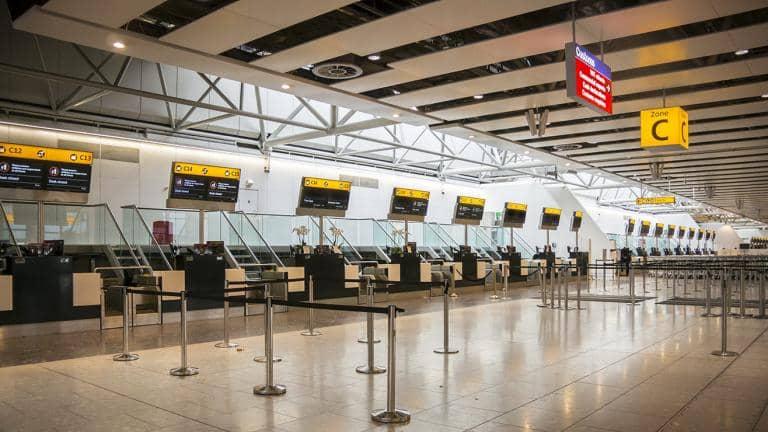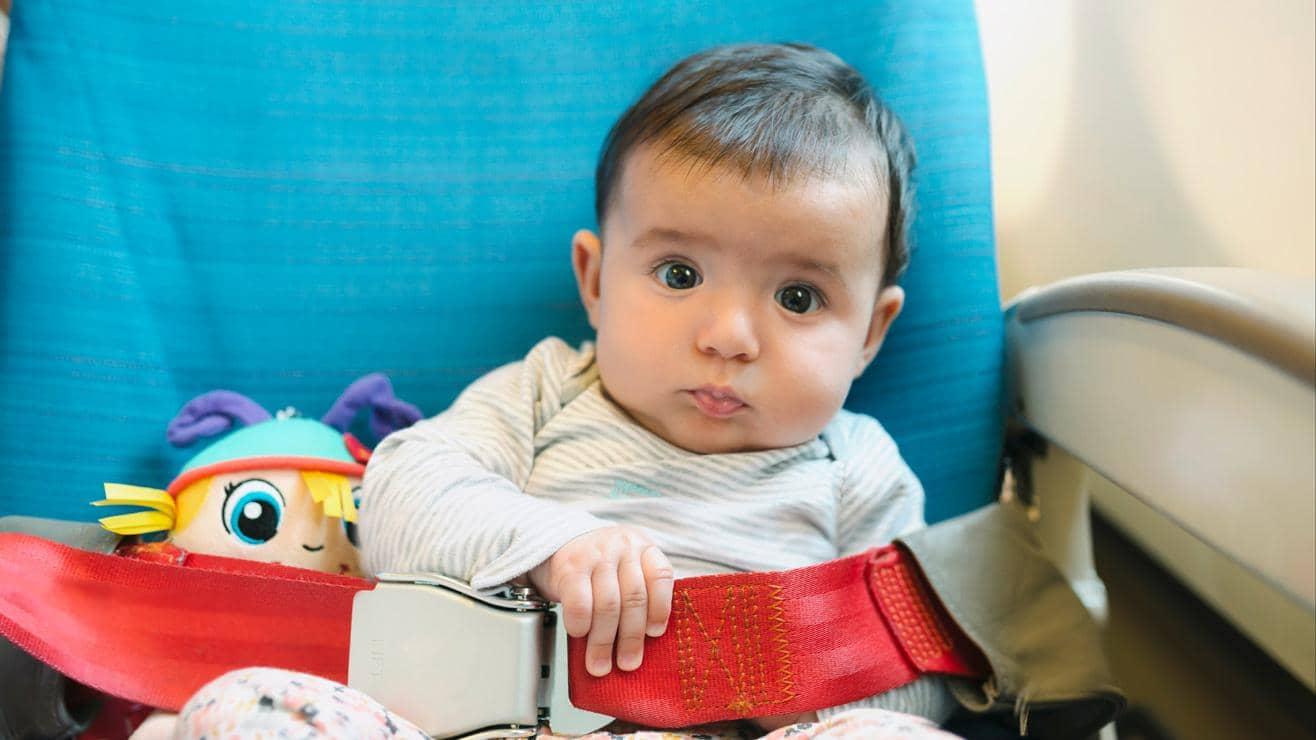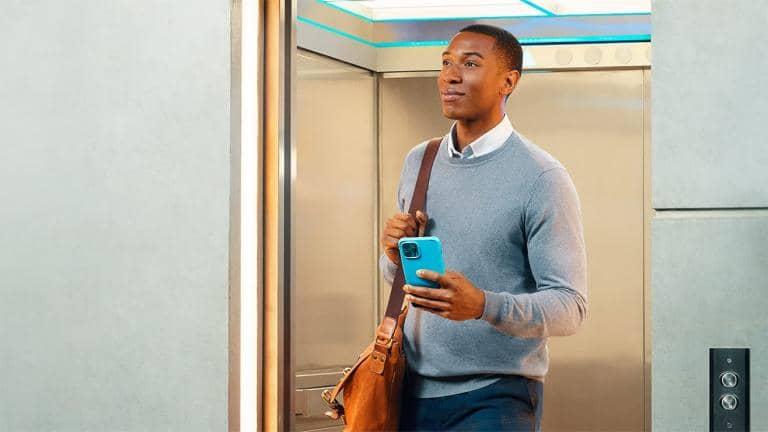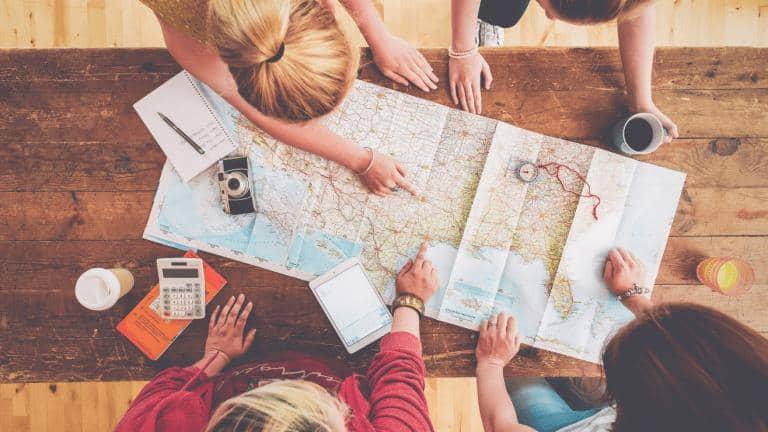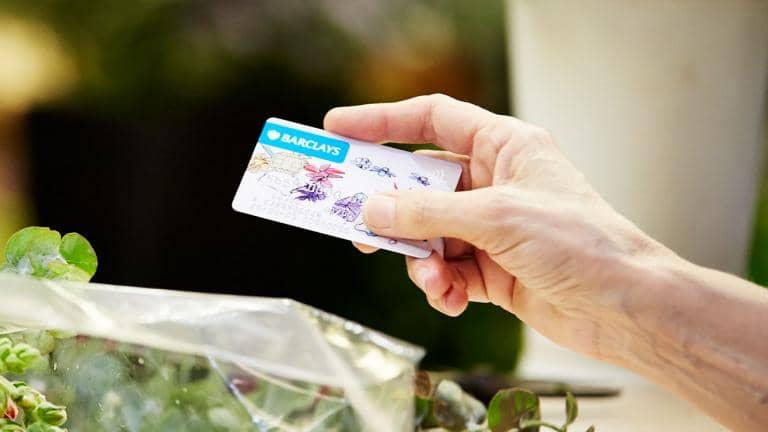Travelling to a new destination is always exciting, but you should be aware of certain risks, which can vary from country to country.
Before choosing your destination it’s a good idea to check the Foreign Office website first. Here you’ll find out if there are any crimes or security risks you need to be aware of.
Scams
Watch out for strangers
Bar scams: If you visit a bar with people you’ve met on holiday don’t be left with an expensive bill at the end. Also, don’t leave your drink unattended or accept one from a stranger.
Unofficial guides: Keep an eye out for seemingly friendly locals who offer to show you around tourist sites, as they may demand a hefty payment afterwards.
Protect your money
Fake items: There are many fake items for sale. Be wary for certain deals that appear very cheap.
Counterfeit money: When you exchange your travel money make sure you use a reputable company and get familiar with the local bank notes and coins.
Overcharging or swapping banknotes: If you pay for something with a larger banknote (for example, €20), the seller could change it and produces a €5 note, claiming that you actually paid with the smaller denomination. Also watch out for being overcharged.
Theft
Theft is one of the biggest problems a traveller can face, so make sure you keep an eye on your valuables.
- In hotels use your in-room safe or bring your own padlock for hostel lockers
- If you’re a Barclays customer and are worried about all your documents you can scan in copies on Barclays Cloud It . You can have electronic versions on everything from your passport to your travel insurance documents
- Watch out for distractions and pickpockets when you’re in crowded places
- When driving through cities keep you doors locked and windows rolled up high to prevent quick grabs from thieves
In case of any theft or loss, always report the incident to the police and ask for a copy of your statement – you’ll need to provide this to your travel insurance company with your claim.
Travelling and local laws
Every country has laws to abide by and these also apply to tourists – so you won’t be exempt from any consequences. Make sure you remain respectful and diligent in every country you go to. Below are just a few examples of countries with unexpected laws .
- Saudi Arabia: it’s illegal to possess alcohol and to photograph government buildings and palaces
- New Zealand: it’s illegal to import most types of food
- Russia: you’re required to carry your passport (not a copy) at all times
- USA: there are some prescription medicines that you’re not allowed to import. Keep in mind that laws differ in every state
- Sri Lanka: mistreating Buddhist images and artefacts are treated as a serious offence
- France: it’s illegal to cover your face in public, this includes veils and balaclavas
Find out more about local laws and customs
